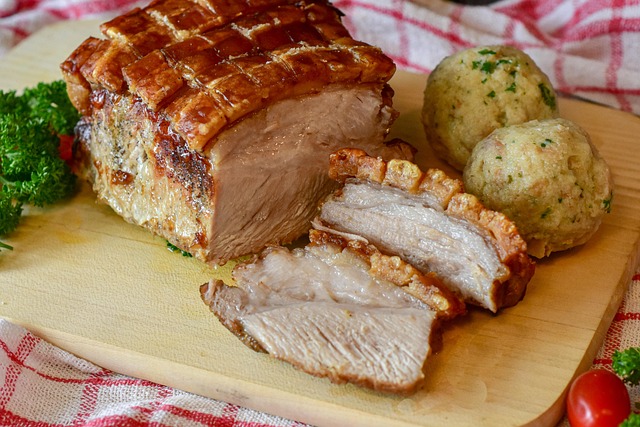Introduction: The Bacon Battle Before the Bench
The Supreme Court is currently considering a significant challenge to California's Proposition 12, a controversial animal welfare law that mandates specific housing requirements for breeding pigs. This law, passed by California voters in 2018, has ignited a national debate over state regulations, interstate commerce, and the scope of animal rights.
What is Proposition 12?
Proposition 12 prohibits the sale of pork, eggs, and veal from animals confined in spaces that do not meet California's minimum size requirements. Specifically, it requires that breeding pigs have at least 24 square feet of space each. While the law directly impacts California producers, its reach extends far beyond the state's borders because California consumes a substantial portion of the nation's pork.
The National Pork Producers Council's Argument

The National Pork Producers Council (NPPC) and the American Farm Bureau Federation are leading the challenge against Proposition 12. They argue that the law imposes an undue burden on interstate commerce, violating the Constitution's Commerce Clause. According to the NPPC, it would cost pork producers billions of dollars to comply with California’s regulations, requiring significant investments in new infrastructure and operational changes. They claim this effectively allows California to dictate agricultural practices nationwide. A representative of the NPPC stated, "This law sets a dangerous precedent, allowing one state to impose its regulations on agricultural practices across the country."
Concerns Over Interstate Commerce
The core of the legal challenge revolves around the Commerce Clause of the U.S. Constitution, which grants Congress the power to regulate interstate commerce. Opponents of Proposition 12 argue that the law's extraterritorial effects – dictating standards for producers outside of California – represent an unconstitutional overreach. They contend that if California can regulate pork production, other states could similarly impose regulations on other goods, potentially creating a chaotic patchwork of conflicting standards and disrupting the national economy.
The Defense of Proposition 12
Supporters of Proposition 12, including animal welfare groups, defend the law as a legitimate effort to improve the treatment of animals and reflect the values of California voters. They argue that states have the right to set standards for products sold within their borders, particularly when those standards address ethical or health concerns. They also suggest that the cost of compliance is overstated and that the industry can adapt to meet the new requirements. Some legal scholars argue that the Commerce Clause does not prevent states from enacting laws that have incidental effects on interstate commerce, provided the laws serve a legitimate local purpose.
Potential Implications and the Supreme Court's Role

The Supreme Court's decision in this case could have far-reaching implications for state regulations affecting industries beyond agriculture. A ruling against Proposition 12 could limit the ability of states to impose their standards on out-of-state producers, while a ruling in favor could embolden other states to enact similar laws. The court's deliberations will likely focus on balancing the interests of animal welfare, state sovereignty, and the free flow of interstate commerce. The outcome is eagerly awaited by agricultural producers, consumer groups, and legal scholars alike.
